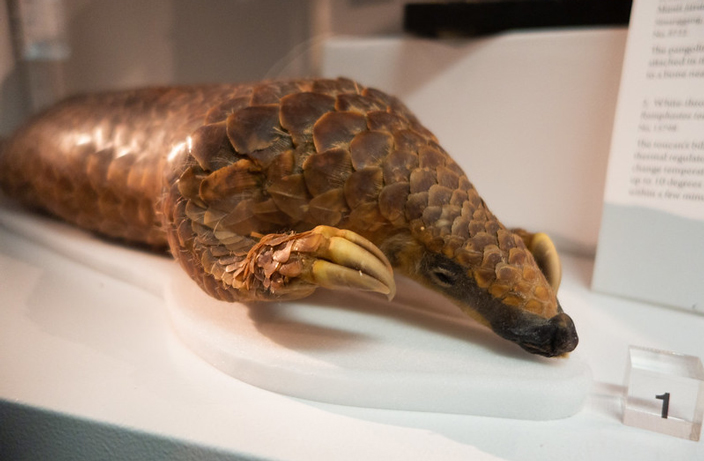On February 24, the Standing Committee of the National People’s Congress (NPCSC) banned the trade and consumption of wild animals, according to state media.
In the wake of the disease known as COVID-19, which has been linked to the Huanan Seafood Wholesale Market in Wuhan and has led to 2,801 deaths as of February 27, the decision stressed that the ban covers both terrestrial animals that come from the wilderness and wild animals that are farmed by people.
Before the NPCSC reached the trade decision on wild animals, a temporary ban on the sale of wild animals in the country was introduced by authorities on January 26.
The announcement may pave the way for an amendment to the country’s Wild Animal Protection Law, which currently only proscribes consumption of a limited range of wild animals, such as state protected animals and those that have scientific research significance. Wild animals that don’t fit in these two categories can be sold in wet markets or to restaurants, provided that they are granted a permit.
READ MORE: China Backtracks on Plan to Scrap Ban on Rhino and Tiger Parts
There were loopholes in the Wild Animal Protection Law, which was passed in 1988 and amended in 2016, such as weak enforcement and lenient fines, as well as lack of inspection and supervision of the market, Dr. Zhou Jinfeng with the China Biodiversity Conservation and Green Development told That's.
Meanwhile, a recent draft to ban wild animal consumption by authorities in Shenzhen has established which farmed terrestrial animals can be consumed in the city. These animals are: pigs, goats, cattle, donkeys, rabbits, chickens, ducks, geese, pigeons and quails.
Fines for eating wild animals in Shenzhen could reach as high as RMB50,000.
READ MORE: Order Chinese Craft Gin and Help the Pangolins
[Cover image via Thomas Quine/Flickr]






















0 User Comments